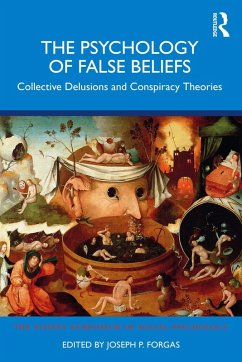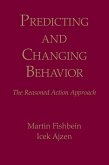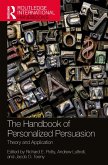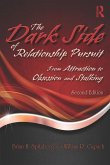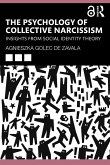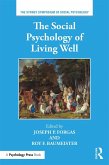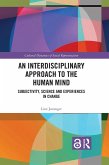The chapters draw on many core areas of contemporary social life where false beliefs are of topical interest, highlighting the applied implications of this line of research. Topics include political polarisation, false narratives about group differences, pandemic conspiracy theories, fallacious theories in academia and the role of the media and the internet in creating distorted narratives.
This book is engagingly written and will be of great interest to students and researchers in social psychology and the social sciences, as well as anyone seeking to understand one of the most intriguing issues that shape human social life.
Dieser Download kann aus rechtlichen Gründen nur mit Rechnungsadresse in A, B, BG, CY, CZ, D, DK, EW, E, FIN, F, GR, HR, H, IRL, I, LT, L, LR, M, NL, PL, P, R, S, SLO, SK ausgeliefert werden.

